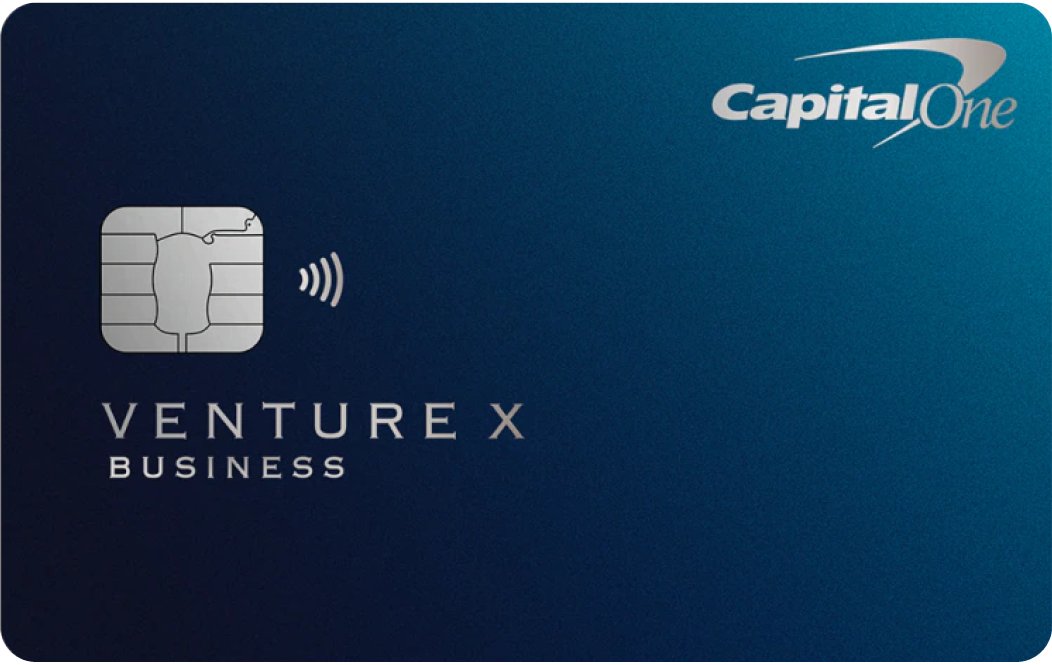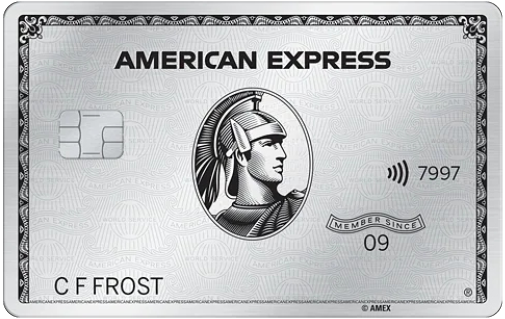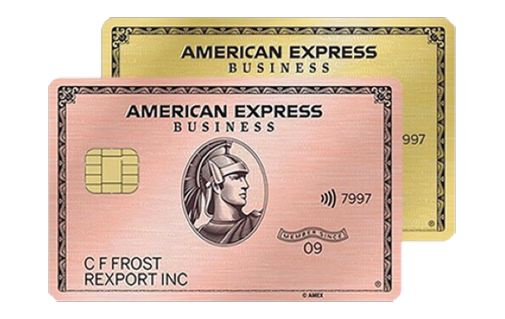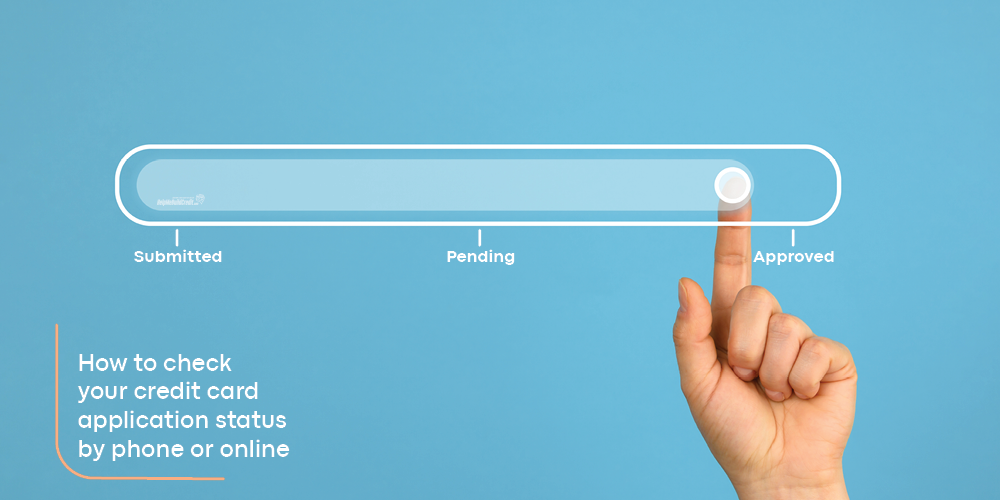Update: This looks to be more serious now [TAKE ACTION BELOW]!
We are so used to the credit card game as we know it. We are all enjoying lucrative rewards and free travel. But two senators out there are proposing legislation that might stop it or cause tremendous hiccups.
U.S. Senate Majority Whip Dick Durbin (D-IL) and U.S. Senator Roger Marshall, M.D. (R-KS) are proposing legislation which they hope will help expand competition within the credit card processing market in order to lower the swipe fees merchants pay when swiping your credit card.
What is the credit card competition act?
The Credit Card Competition Act will require banks to offer at least two networks that merchants can use to process credit card payments
Did you ever notice the words Visa or Mastercard on your credit cards?
Currently, if it says Visa on your credit card then the merchant (store owner) can only swipe your credit card using the Visa network. Visa can decide how much in fees the merchant should pay and the merchant can do nothing about it. It’s either they pay the fee or not be able to swipe any Visa cards (3.3 billion of them!).
The Credit Card Competition Act wants to force, for example Chase, to not issue their credit card exclusively to Visa. They would need to allow the merchant to decide which network they want to use to process the payment. So with the Credit Card Competition Act, Chase will be forced to allow merchants to use, let’s say, the Discover network to process transactions on Chase cards.
Credit card issuers will be required to allow a minimum of two networks for a merchant to choose from to process payments. At least one of the two networks cannot be Visa or Mastercard (as they are the two largest in the country).
How does that help anything?
By forcing, for example Chase, to allow merchants to decide which network they want to use to process credit card transactions, you can assume that merchants will choose the cheaper option. This will create a competitive environment in the credit card processing space and hopefully bring down payment interchange costs for small business owners.
What's wrong with the current system?
The two senators sponsoring the bill claim that if the merchants pay less on interchange fees they will be able to pass along the savings to consumers and this will create a more equal opportunity for everyone to save money, not just the rich who are earning lucrative rewards on credit cards (I just coughed a few times).
How will this affect credit card rewards?
Assuming that all this works out and that credit card interchange fees come down, then that will be a huge hiccup for credit card rewards.
In our interview with David Gold – Former Senior Executive at JPMorgan Chase, he explained that banks usually try to, at a minimum, break even with rewards through the interchange fees. If interchange fees are brought down, so will rewards.
We currently see many cards offering 2% cashback or 2 points on all purchases, such as the Capital One Spark, Amex Blue Business Plus, Citi Double Cash, and more. You can even earn 2.5% cashback for transactions of $5k or more on the Ink Premier card. All this will most likely stop if banks can no longer break even on the rewards through the interchange fees.
But will credit card rewards really be killed?
Even if the Credit Card Competition Act becomes law, I don’t think credit card rewards will come down so fast.
- This is a huge shakeup in a multi-billion dollar industry. Even if it becomes law it will take years to implant
- Banks can still choose who processes the payments. So instead of choosing one, they will choose two. But they will still choose only ones that charge enough to cover their cost (So Chase can still say. Listen I need to get 2% in fees. The rest you fight out between yourself. Chase is big enough to easily find a second network willing to work under these terms, etc etc)
- Cards where the network is itself the card issuer (such as American Express and Discover cards) would not be required to add a second network (how long does it take for Chase to open their own network?)
- Banks can still put incentives for cardholders to want to use the more expensive processor (extra perks, extra rewards, etc). This will make consumers want to use the more expensive processor and push the store owner to only put through the charge using Visa, etc. The store owners will most likely give in to the consumer (how many store owners do you know that still don’t accept Amex as they are more expensive?)
But didn't the Durbin act in 2010 kill Debit card rewards?
I don’t understand why a single blog is comparing the two. It’s true that the Debit card act in 2010 killed rewards for debit cards but that was for a completely different reason. In 2010 interchange fees for debit cards were capped at $0.21 plus 0.05% of the transaction! That’s a completely different story than the credit card competition act which is not capping interchange fees in any way.
So you cannot compare these two acts. As explained above even if interchange fees are brought down a drop it will not necessarily affect credit card rewards. You cannot compare it to an act that capped debit card fees at just 0.05%!
What's next for the Credit Card Competition Act?
Update: This looks to be more serious now [TAKE ACTION BELOW]!
There was a rumor that the Credit Card Competition Act was going to be included in some hidden amendment for the National Defense Authorization Act for 2023. Fortunately, as of now, it did not happen. It’s currently stuck at the desk of the Senate Banking, Housing, and Urban Affairs Committee which needs to decide what type of action they want to take. The Senate currently has more important things on the agenda and it does not look like anything is happening so fast.
What can you do to stop it?
Send a prefilled message to your state senator and congress member with just a few quick clicks here.






![Primary CDW Insurance: Which Credit Cards Still Offer Them? [2024]](https://helpmebuildcredit.com/wp-content/uploads/2024/04/post-on-cards-that-have-primary-cdw-insurance.png)

![Best Credit Cards With Airport Lounge Access [2024]](https://helpmebuildcredit.com/wp-content/uploads/2022/06/post-on-cards-with-airport-lounges.png)


![The 10 Best 0% APR Credit Cards For April [2024]](https://helpmebuildcredit.com/wp-content/uploads/2023/07/Post-on-best-0-apr-cards3-1080x675.png)


![The 10 Best Credit Card Offers For April [2024]](https://helpmebuildcredit.com/wp-content/uploads/2024/03/post-on-best-offers-april-2024.png)


Per your post, I don’t see a reason it’s should be a issue so why should I contact my elected representatives?
It just takes a second so why not. It’s always better not to have anything new that can create hiccups. I did it as well